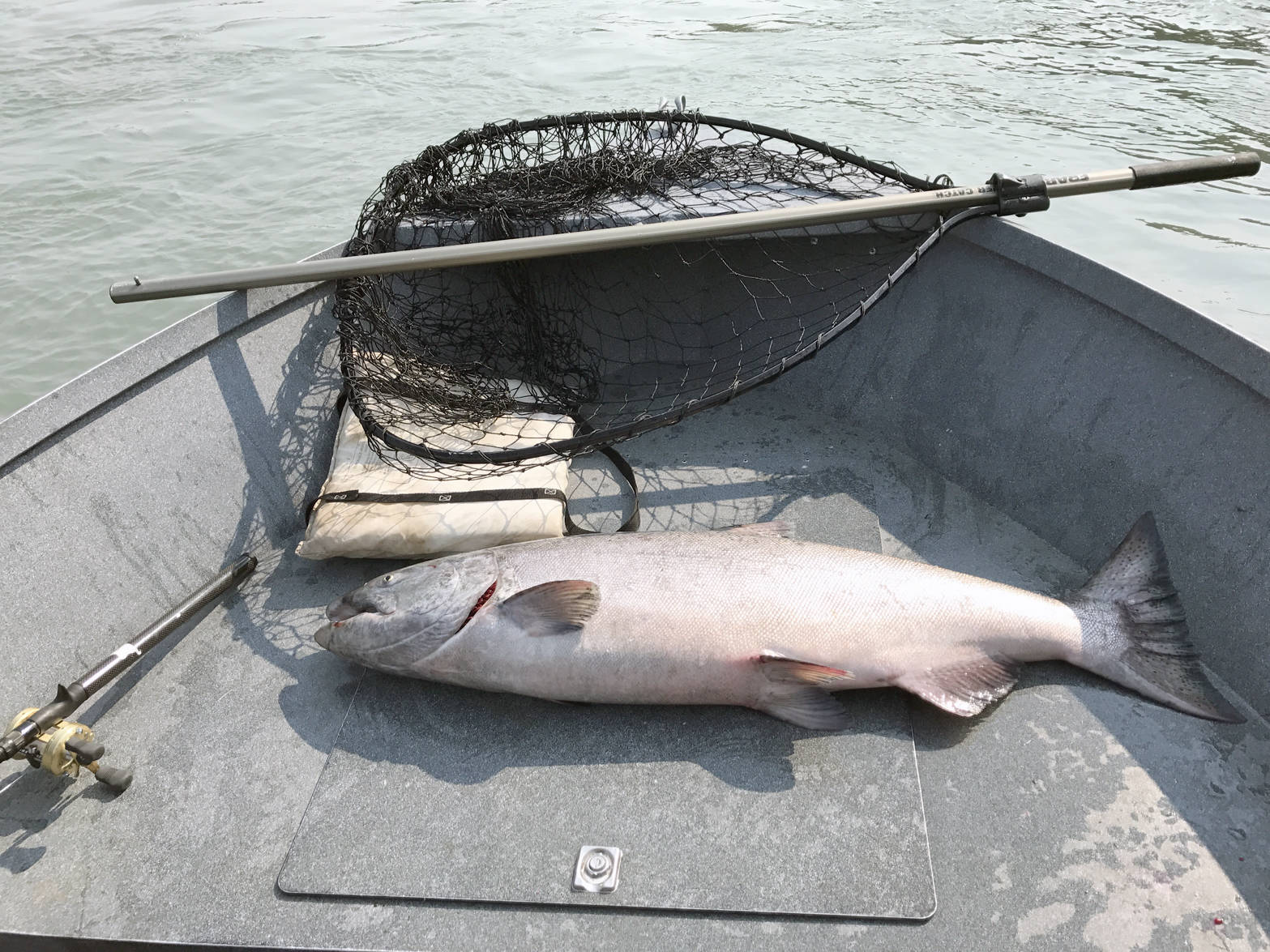Bananas spoil quickly. One day you’ll have a bright, yellow bunch and the next, each banana will be plagued with its own brown patterns – barely making the cut on top of that morning’s oatmeal. You could try making banana bread with the spoiling fruit, or maybe freeze them for a smoothie, but definitely don’t try to bring them on a boat.
Sailors tend to be a superstitious bunch with rhymes and warnings to cover any rotten predicament they run into, and back in the 1700s boats ran into a lot a misfortune.
According to tales told and retold, boats carrying bananas throughout the Caribbean Sea had to travel quickly in order to keep their products fresh. The top speeds were too fast for any crew members to catch fish and often led to shipwrecks.
And the only evidence that the speeding boats had gone under? Boxes of bananas floating on the water.
Oh, and the bananas often carried venomous spiders that would bite an unsuspecting sailor, an almost certain death sentence on the high seas.
That’s right. Bananas hit the superstitious mind’s trifecta!
So, when my parents and I hopped onto a friend’s boat last summer to try our luck at catching a Kenai River king salmon, there wasn’t a yellow fruit in sight. My friend is a firm believer in the superstition and with only one day dedicated to catching a chinook during my parents’ stay, I wasn’t willing to take any risks.
We hit the water early, not early enough to have the Kenai River to ourselves, but in the middle of July during a summer of good fishing there is rarely a time to have the water to yourself.
We sipped our coffee and eyed our poles, watching and waiting for the intangible chinooks swimming below us to make themselves tangible. While we waited, we talked. My parents were visiting from New Jersey, my friend was in the midst of a summer of good fishing and the last seat on the boat was filled by his family friend, who had a lot of great stories to tell and jokes to crack.
Despite good conversation, though, time was passing slowly and the lack of action started to spur yawns. In an attempt to boost morale, my mom offered us all a muffin.
“Does anyone want a banana nut muffin?”
And the groans ensued.
Sure, there wasn’t a banana peel in sight, but we still slipped up. How did we let my mom sneak the muffins by? No wonder why our morning was full of stories, but no real action.
Different sailors and fishermen take the superstition to their own extremes — some won’t even allow Banana Republic clothing — but we all knew that banana nut muffins were too banana, and not enough nut, to ignore the curse.
But what were we supposed to do? Bring the muffins back to shore and lose our spot on the river, which was getting more crowded by the minute? Or eat the muffins? No, no, no then the bananas would still be on the boat, just in our stomachs.
Yet, in the midst of our (joking) beratement or my (well-meaning) mother, my fishing pole bent in half. Immediately, the muffins were forgotten and all attention was sent to the fish now running away with my line.
I jumped up and grabbed the rod while the rest of the lines were reeled in quickly. I stood, nervous and sweating, in a fight against the king salmon while everyone, both in our boat and in the other boats floating along the Kenai River, cheered me on with pangs of jealousy.
I don’t know what I was expecting before I had gone fishing that morning, to be honest I wasn’t expecting to land an illustrious king. But once I had a chinook on the line, everything left my mind and I became embroiled in such a unique experience and moment — reeling and reeling and reeling and, for a minute, forgetting to breathe!
I listened to my friend’s advice, a well-seasoned angler, and tried my best to keep breathing and keep reeling. The fish would surface and then run away, each time rattling my nerves just a little bit more, until finally, the fish was at the side of the boat and, moments later, in a net on deck.
With weak arms, I found my way to the bow and lifted my 45-pound king salmon by the gills. It was my first, and so far only chinook, and started off a day of luck for our boat, with all of us bringing in a king that day.
But, as I put my fish into the cooler, my stomach growled. It was 6:55 a.m., breakfast time, and I had a hankering for a banana nut muffin.

